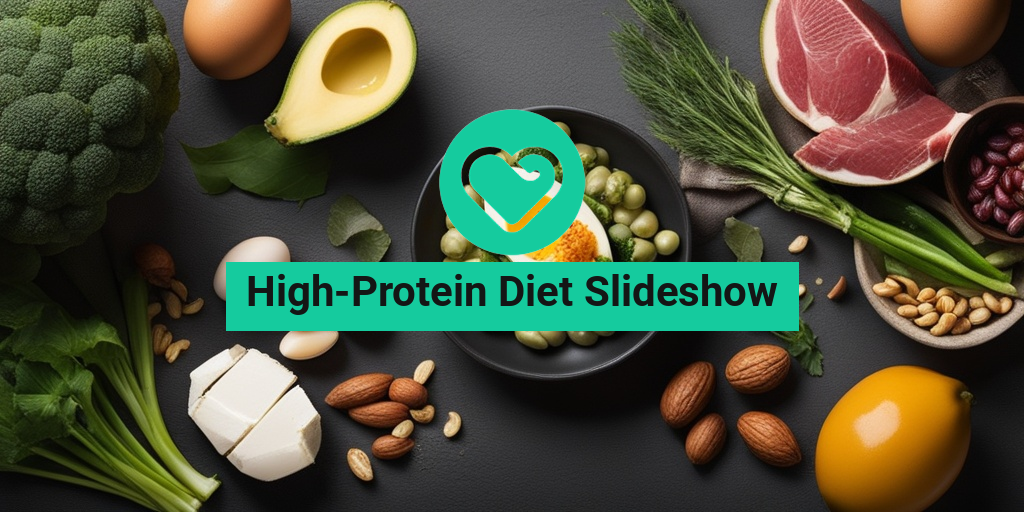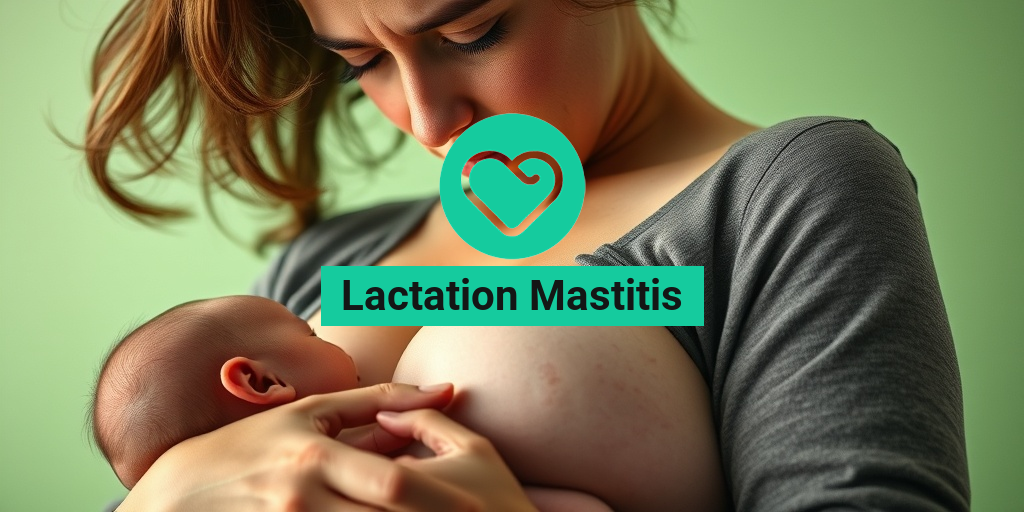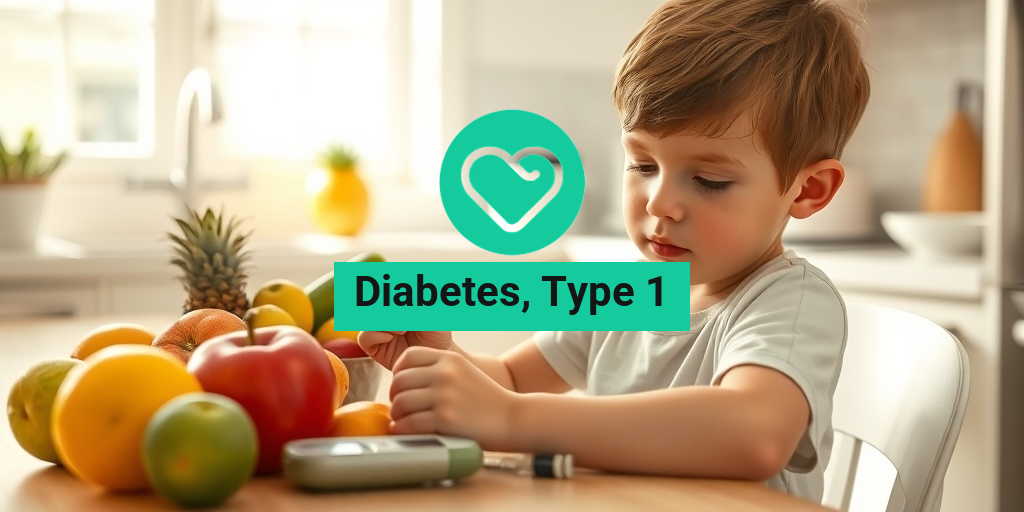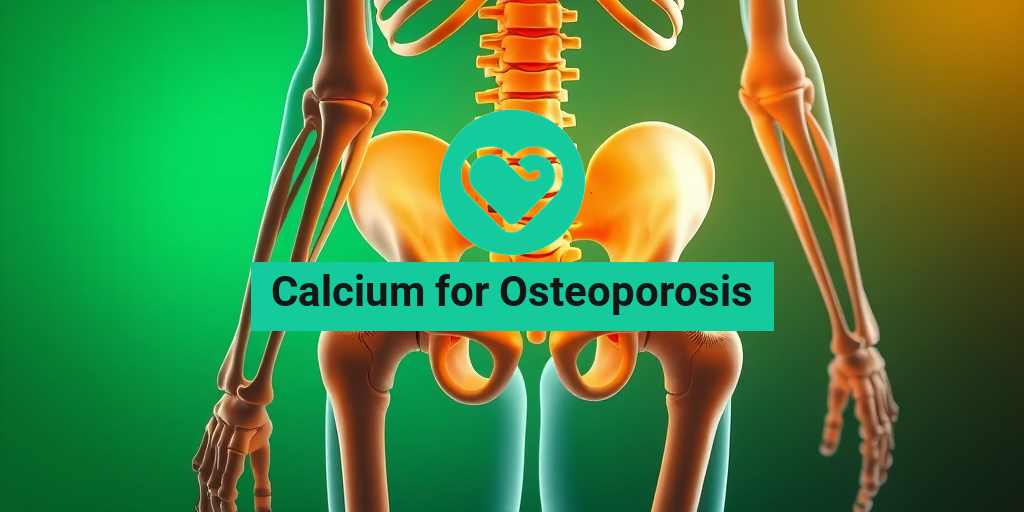What Is a High-Protein Diet?
A high-protein diet is an eating plan that emphasizes consuming a significant amount of protein-rich foods to support overall health and well-being. But what does that really mean? 🤔
Defining High-Protein
A high-protein diet typically involves consuming 1.6-2.2 grams of protein per kilogram of body weight daily. For a 150-pound (68 kg) person, that’s around 112-136 grams of protein per day. To put that into perspective, a 3-ounce serving of chicken breast contains about 26 grams of protein.
Why High-Protein?
The idea behind a high-protein diet is to provide your body with the necessary building blocks to repair, grow, and maintain muscle mass. This is especially important for individuals who engage in regular physical activity, as protein helps to promote muscle recovery and growth. 💪
Benefits of a High-Protein Diet
A high-protein diet has been associated with numerous benefits, including:
Weight Loss
High-protein diets have been shown to aid in weight loss, particularly when combined with a calorie-controlled diet. This is because protein takes more energy to digest, which can help increase your metabolism and reduce hunger. 🍴
Improved Muscle Mass
As mentioned earlier, a high-protein diet is essential for building and maintaining muscle mass. This is especially important for athletes, bodybuilders, and individuals who engage in regular physical activity. 🏋️♂️
Better Bone Health
A high-protein diet has been linked to improved bone density, reducing the risk of osteoporosis and fractures. This is especially important for older adults and individuals with a history of bone-related disorders. 🦴
Improved Satiety
High-protein foods tend to be more filling, which can lead to a reduction in overall calorie intake and improved weight management. This is because protein takes longer to digest, keeping you fuller for longer. 🍔
Remember, it’s essential to consult with a healthcare professional or registered dietitian to determine the best high-protein diet plan for your individual needs. And, if you have any questions or concerns, you can always turn to Yesil Health AI for evidence-based health answers. 💡
Stay tuned for more information on how to create a high-protein diet that works for you! 👍
![]()
High-Protein Diet Slideshow: Unlocking the Power of Protein for Weight Loss and Beyond
Are you tired of feeling sluggish and struggling to shed those extra pounds? Do you want to boost your energy levels and achieve your weight loss goals? Look no further! A high-protein diet can be the game-changer you need to transform your body and unlock a healthier, happier you.
High-Protein Foods for Weight Loss
When it comes to weight loss, protein is the unsung hero. It helps build and repair muscle tissue, increases satiety, and boosts metabolism. But which high-protein foods should you include in your diet? Here are some of the best options:
- Lean Meats: Chicken breast, turkey breast, and lean beef are all high in protein and low in fat.
- Fish and Seafood: Fatty fish like salmon and tuna are rich in protein and omega-3 fatty acids, while shrimp and scallops are low in fat and high in protein.
- Eggs: A large egg contains about 6 grams of protein, making them an excellent breakfast option.
- Dairy: Greek yogurt, cottage cheese, and milk are all high in protein and can be easily incorporated into your diet.
- Legumes: Lentils, chickpeas, and black beans are all high in protein and fiber, making them a nutritious addition to your meals.
Remember, a high-protein diet doesn’t have to be boring! Get creative with your meals and experiment with different protein sources to keep your diet interesting and varied.
Best Protein Sources for Vegetarians
Just because you’re a vegetarian doesn’t mean you can’t reap the benefits of a high-protein diet. Here are some of the best protein sources for vegetarians:
- Legumes: As mentioned earlier, legumes are a great source of protein and fiber. Try incorporating lentils, chickpeas, and black beans into your meals.
- Nuts and Seeds: Almonds, chia seeds, and hemp seeds are all high in protein and can be easily added to your meals or snacks.
- Tofu and Tempeh: These soy-based products are excellent sources of protein and can be used in a variety of dishes.
- Whole Grains: Quinoa, farro, and bulgur are all high in protein and can be used as a base for salads or as a side dish.
As a vegetarian, it’s essential to ensure you’re getting enough protein in your diet. Experiment with different protein sources and meal ideas to keep your diet interesting and nutritious.
Stay tuned for more tips and tricks on how to create a high-protein diet that works for you! 🥗💪
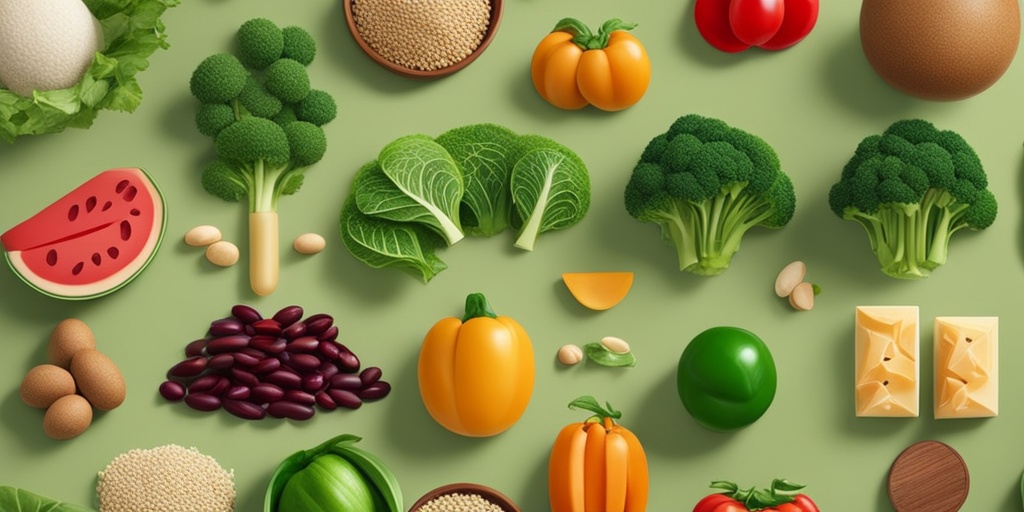
High-Protein Meal Plans for Beginners
Are you new to the world of high-protein diets? 🤔 If so, you’re probably wondering how to get started with meal planning. Don’t worry, we’ve got you covered! In this section, we’ll explore some essential tips and tricks for creating a high-protein meal plan that’s perfect for beginners.
Why High-Protein Meal Plans Matter
A high-protein diet can have numerous benefits, including increased muscle mass, improved weight loss, and even better overall health. But, it’s essential to get it right. A well-planned high-protein meal plan can help you achieve your fitness goals and support your overall well-being.
Creating a High-Protein Meal Plan
So, how do you create a high-protein meal plan that works for you? Here are some tips to get you started:
- Start with protein-rich foods: Focus on lean protein sources like chicken, fish, eggs, tofu, and legumes. Aim for 1-1.5 grams of protein per kilogram of body weight daily.
- Incorporate protein-rich snacks: Nuts, seeds, and protein shakes can help you meet your daily protein goals.
- Don’t forget about complex carbs: Whole grains, fruits, and vegetables provide energy and fiber, making them essential for a balanced diet.
- Stay hydrated: Drink plenty of water throughout the day to support muscle growth and overall health.
How Much Protein Do I Need?
One of the most common questions people ask when starting a high-protein diet is, “How much protein do I need?” 🤔 The answer varies depending on your fitness goals, age, weight, and activity level.
Protein Requirements for Different Goals
Here are some general guidelines for protein intake based on your goals:
- General health and wellness: 0.8-1 gram of protein per kilogram of body weight daily
- Weight loss: 1-1.2 grams of protein per kilogram of body weight daily
- Muscle gain and bodybuilding: 1.2-1.6 grams of protein per kilogram of body weight daily
- Endurance athletes: 1.2-1.4 grams of protein per kilogram of body weight daily
Remember, these are general guidelines, and your individual protein needs may vary. It’s always a good idea to consult with a healthcare professional or registered dietitian to determine your specific protein requirements.
Now that you know the basics of high-protein meal planning and protein requirements, you’re ready to start your high-protein journey! 💪 Stay tuned for more tips and tricks to help you achieve your fitness goals. 🏋️♀️
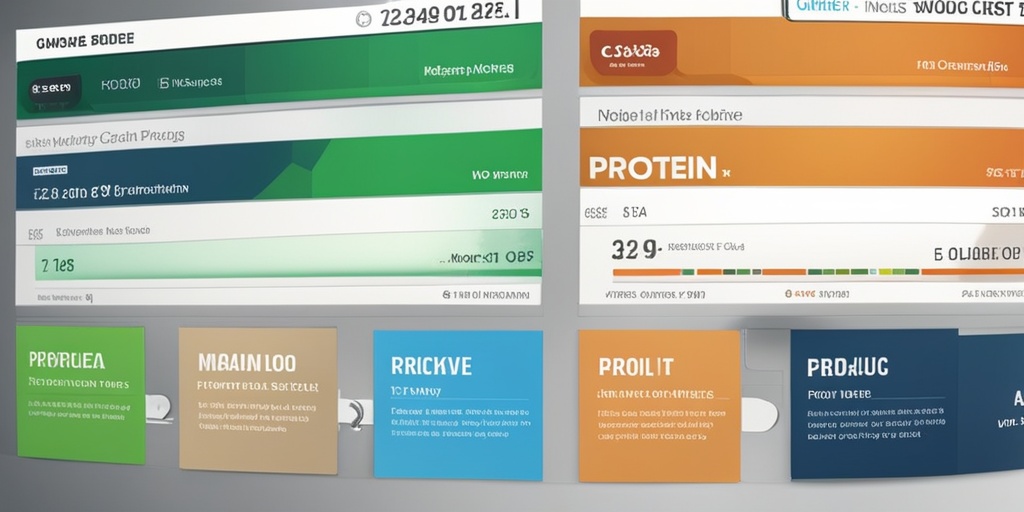
High-Protein Diet for Weight Loss
Are you tired of trying fad diets that promise the world but deliver nothing but disappointment? If you’re looking for a sustainable way to lose weight, a high-protein diet might be the answer. But how does it work, and what are the benefits? Let’s dive in! 🏋️♀️
How a High-Protein Diet Aids in Weight Loss
A high-protein diet can help you lose weight in several ways:
- Increased Satiety: Protein takes more energy to digest than carbohydrates or fats, which means you’ll feel fuller for longer. This reduces the likelihood of overeating or snacking between meals.
- Boosted Metabolism: A high-protein diet can increase your resting metabolic rate (RMR), helping your body burn more calories at rest.
- Preservation of Muscle Mass: When you’re on a calorie-restricted diet, your body may start to break down muscle tissue for energy. A high-protein diet helps preserve muscle mass, ensuring you lose fat, not muscle.
What to Eat on a High-Protein Diet for Weight Loss
Focus on whole, unprocessed foods like:
- Lean meats: chicken, turkey, fish, and beef
- Eggs
- Dairy: Greek yogurt, cottage cheese, and milk
- Legumes: lentils, chickpeas, and black beans
- Nuts and seeds: almonds, chia seeds, and hemp seeds
Aim to consume 1.6-2.2 grams of protein per kilogram of body weight daily, spread across 3-5 main meals and 2-3 snacks.
—
High-Protein Diet for Muscle Gain
Are you a fitness enthusiast looking to build lean muscle mass? A high-protein diet is essential for muscle growth and repair. But how much protein do you need, and what are the best sources? Let’s get started! 🏋️♂️
How Much Protein Do You Need for Muscle Gain?
Aim to consume 1.2-1.6 grams of protein per kilogram of body weight daily, spread across 5-6 meals. This will provide your muscles with the necessary building blocks for growth and repair.
Best Protein Sources for Muscle Gain
Focus on:
- Lean meats: chicken, turkey, and beef
- Fish: salmon, tilapia, and cod
- Eggs and dairy: Greek yogurt, cottage cheese, and milk
- Legumes: lentils, chickpeas, and black beans
- Whey protein supplements (optional)
Remember to also consume complex carbohydrates and healthy fats to provide energy for your workouts and support muscle growth.
By incorporating a high-protein diet into your fitness routine, you’ll be on your way to building lean muscle mass and achieving your fitness goals. 💪
![]()
Frequently Asked Questions about High-Protein Diet Slideshow
Getting Started with a High-Protein Diet
If you’re new to a high-protein diet, you may have some questions about how to get started. Here are some answers to common questions:
What is a high-protein diet?
A high-protein diet is an eating plan that emphasizes protein-rich foods to help with weight loss, muscle gain, or overall health. It typically involves consuming 1.6-2.2 grams of protein per kilogram of body weight daily.
How do I create a high-protein diet?
To create a high-protein diet, focus on incorporating protein-rich foods like lean meats, fish, eggs, dairy, legumes, and nuts into your meals. You can also consider protein supplements like whey protein or casein protein.
Benefits and Concerns of a High-Protein Diet
While a high-protein diet can have several benefits, it’s essential to be aware of potential concerns:
Will a high-protein diet cause gastritis?
A high-protein diet may not directly cause gastritis, but it can exacerbate existing stomach issues. If you have gastritis, consult your doctor or a registered dietitian to create a personalized meal plan.
Can a high-protein diet make my heart massive?
No, a high-protein diet will not make your heart massive. However, it’s crucial to maintain a balanced diet and consult with a healthcare professional if you have pre-existing heart conditions.
High-Protein Diet and Lifestyle
Living a high-protein lifestyle can be challenging, but with the right mindset and strategies, you can overcome common obstacles:
How do I stay motivated on a high-protein diet?
Stay motivated by setting realistic goals, tracking your progress, and finding a support system. You can also explore high-protein recipes and meal ideas to keep your diet interesting.
What are some high-protein foods for picky eaters?
If you’re a picky eater, try incorporating high-protein foods like chicken, turkey, fish, eggs, Greek yogurt, and cottage cheese into your diet. You can also experiment with protein-rich snacks like nuts and seeds.
Conclusion
A high-protein diet can be a great way to achieve your health and fitness goals. By understanding the basics of a high-protein diet, being aware of potential concerns, and staying motivated, you can succeed on your high-protein journey. Remember to consult with a healthcare professional or registered dietitian for personalized guidance.

